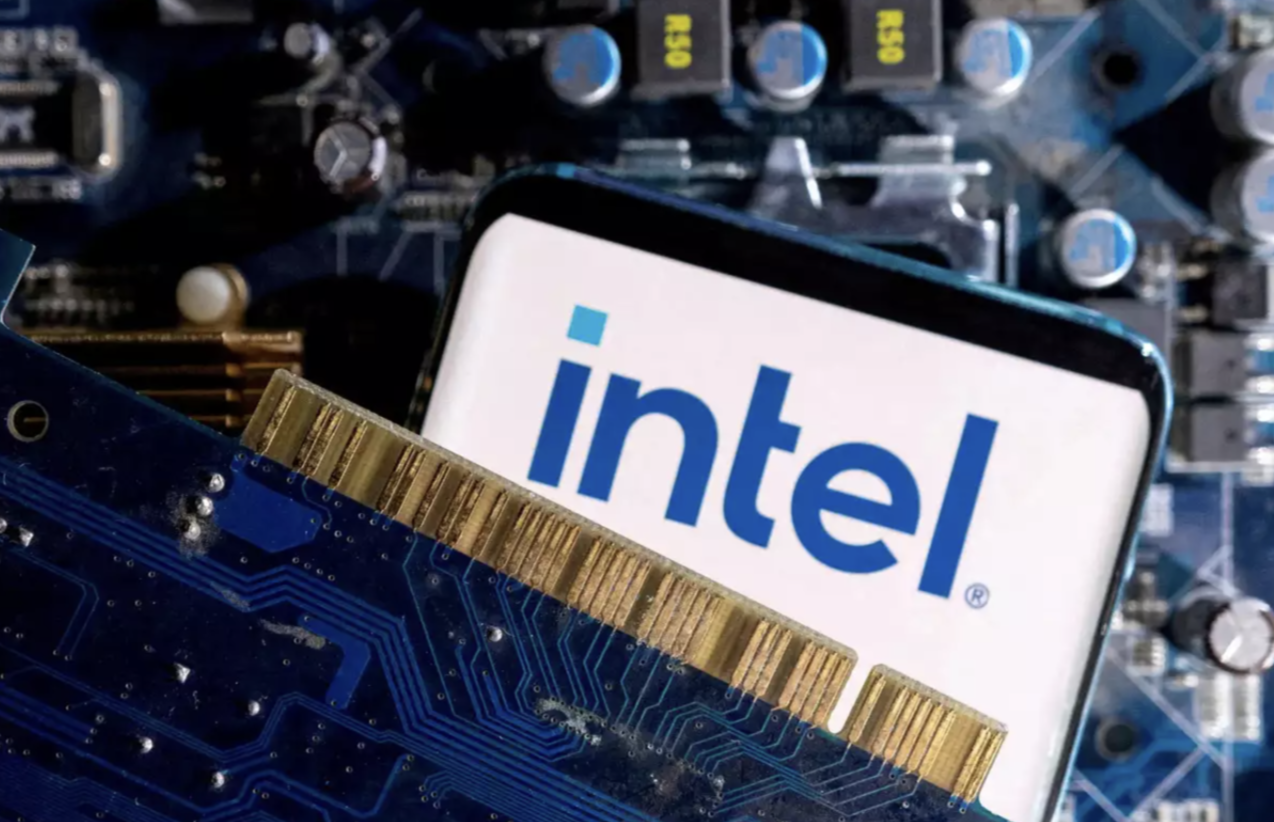Intel is making significant changes to its chip manufacturing business as part of efforts to turn the company around. CEO Patrick Gelsinger announced plans to transition Intel Foundry into a separate
subsidiary, while maintaining its current leadership and keeping it within Intel. The new subsidiary will have its own operating board with independent directors.
As part of a strategic shift, Intel is putting its chip fabrication projects in Poland and Germany on hold for two years, citing market demand forecasts. The company is also considering scaling back its chip packaging and testing operations in Malaysia. These moves come after Intel had previously committed over $36 billion to build semiconductor factories in Magdeburg, Germany, $4.6 billion for a chip plant near Wroclaw, Poland, and $7 billion for its Malaysian facilities.
Despite these pullbacks, Intel’s foundry business secured a major win by signing an agreement with Amazon Web Services (AWS) to jointly develop an AI chip using Intel’s advanced 18A chip fabrication process. The deal also includes producing a custom Xeon 6 processor for AWS, building on their existing partnership.
Gelsinger highlighted the growth in Intel Foundry’s business, stating that their deal pipeline has tripled since the beginning of the year. He described the AWS agreement as a “multi-year, multi-billion-dollar framework” with potential for additional chip designs, demonstrating progress in establishing a world-class foundry operation.
These developments, along with a newly awarded $3.5 billion contract to produce chips for the Pentagon, led to a 6% increase in Intel’s stock price at market close. This positive news comes amid a challenging fiscal year for the company, which reported a $437 million net loss in Q1, expanding to $1.6 billion in Q2. Intel Foundry itself posted $5.3 billion in operating losses during the first half of the year, despite a slight year-over-year revenue increase.
Intel has also reportedly missed out on a significant opportunity with Sony, failing to reach a chip manufacturing agreement for the next PlayStation console. This potential deal could have contributed $30 billion to Intel’s foundry business, according to Reuters.
In response to these financial challenges, Intel announced a $10 billion cost-reduction plan earlier this year. This includes laying off 15,000 employees through separation and early retirement programs, a process the company expects to complete by year-end. There are also reports that Intel is considering selling its autonomous driving division, Mobileye, and its enterprise networking business.
The restructuring of Intel Foundry and the new deal with AWS represent crucial steps in Intel’s efforts to revitalize its chip manufacturing business. By spinning out the foundry division and securing
high-profile partnerships, the company aims to position itself as a competitive player in the semiconductor industry.
However, Intel still faces significant hurdles, including intense competition from other chip manufacturers and ongoing financial pressures. The success of these strategic moves will be critical in determining whether Intel can regain its footing in the global semiconductor market and return to profitability in the coming years.

